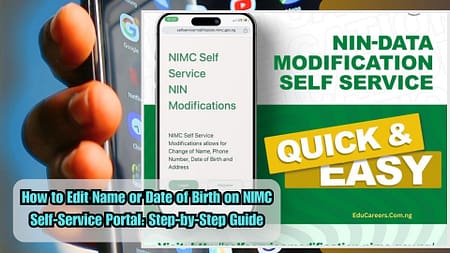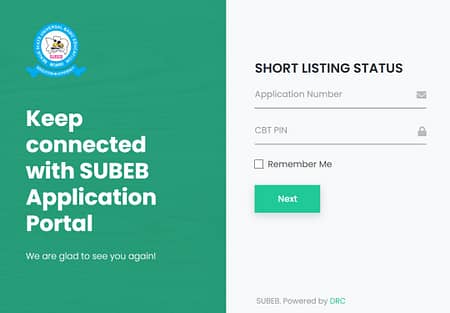Managing finances as a Nigerian student can be challenging. With limited funds from allowances, scholarships, or part-time work, it’s essential to learn the art of budgeting and saving. This guide offers actionable tips, tools, and resources tailored to Nigerian students for smarter financial management.
Why Budgeting Matters for Nigerian Students
Budgeting isn’t just a financial activity; it’s a life skill that sets the foundation for financial independence.
Benefits of Budgeting:
- Avoid unnecessary debts: Reduces the reliance on borrowing.
- Achieve goals: Helps save for essential needs like textbooks or electronics.
- Peace of mind: Gives you control over your money, lowering financial stress.
How to Create a Budget That Works
Step 1: Assess Your Income
Determine your total income, whether it’s monthly pocket money, scholarship funds, or earnings from side hustles (Small Business Ideas for Nigerian Students). Write down all sources and their amounts.
Step 2: Track Your Expenses
- Categorize your spending: Essential (food, rent, transport) vs. Non-essential (entertainment, luxury items).
- Use tools like expense trackers (Excel sheets or budgeting apps).
Step 3: Prioritize and Allocate Funds
- 50/30/20 Rule: Allocate 50% for needs, 30% for wants, and 20% for savings.
- Tailor the rule to fit your lifestyle, ensuring rent and feeding come first.
Saving Tips Every Nigerian Student Should Know
1. Adopt a Saving Culture
- Save first, spend later.
- Open a dedicated savings account for better discipline.
2. Cut Unnecessary Spending
- Cook instead of eating out.
- Take advantage of student discounts and promos.
3. Set Clear Financial Goals
- Example: “Save ₦50,000 by semester’s end.”
- Break it down into weekly or monthly saving targets.
4. Embrace the “Ajo” System
The traditional Ajo or Esusu system is an excellent communal savings option. Join a trustworthy group and contribute regularly.
Top Money-Management Apps for Nigerian Students
1. PiggyVest
- Features: Automated savings, goal setting, and investment options.
- Why it’s great: Easy to use and offers flexible savings plans.
2. Kuda Bank
- Features: Zero maintenance fees and budgeting tools.
- Why it’s great: Offers spending analytics to track your expenses.
3. Cowrywise
- Features: Savings plans, financial tips, and investment opportunities.
- Why it’s great: Suitable for long-term financial goals.
4. Wallet.ng
- Features: Fund transfers, budget tracking, and utility payments.
- Why it’s great: Seamless transactions with spending controls.
5. Monify
- Features: Expense tracking and budget categorization.
- Why it’s great: Simplifies expense monitoring.
Common Mistakes to Avoid
1. Living Above Your Means
Spending more than your income leads to chronic debt. Always stay within your financial limits.
To Receive Latest Updates on: Scholarships, Internships, Recruitments and Job Opportunities Join our Telegram and WhatsApp Group Now!!
2. Ignoring Savings
Even if you have little income, prioritize saving something each month, no matter how small.
3. Relying Too Much on Loans
Avoid over-borrowing from apps or friends. Only borrow when absolutely necessary and repay promptly.
Final Thoughts
Budgeting and saving as a Nigerian student may seem daunting, but with consistent effort and the right tools, you can achieve financial stability. Start small, stay disciplined, and leverage money-management apps tailored to the Nigerian financial system. Remember, every naira saved today counts towards a brighter financial future tomorrow.






